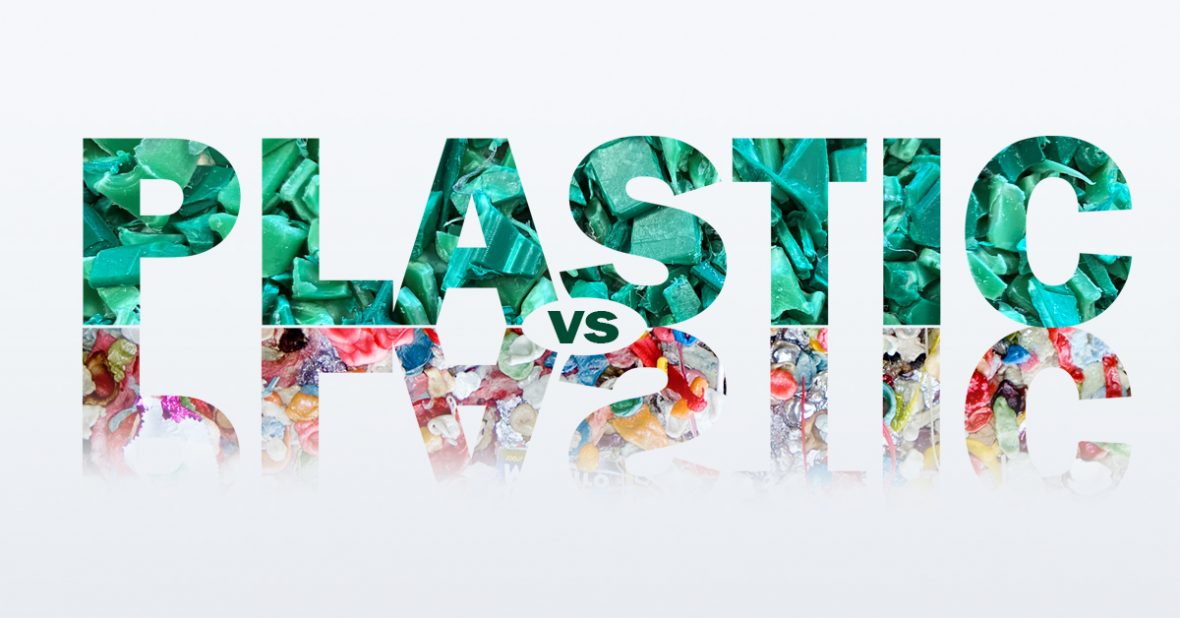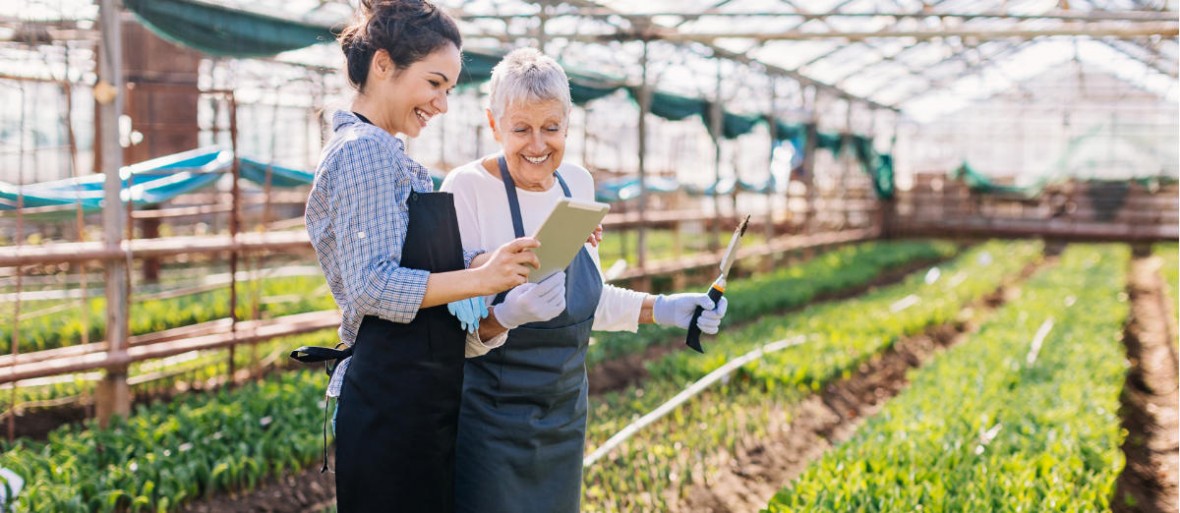In our conversations with retailers, they increasingly report that some shoppers are responding to the environmental threat of single-use packaging waste by condemning all use of plastic. Yet, to use a traditional German proverb, this could be a case of "throwing the baby out with the bathwater" – in other words, making the mistake of losing what is valuable while trying to get rid of something that is not. But instead of condemning plastic, I think it makes more sense to reuse it. This allows us to reduce waste and save resources.

No one doubts that we are facing a global pollution crisis from single-use packaging waste. However, plastic has become the material of choice for many applications because it is flexible, durable, can withstand high temperatures and is practically unbreakable. And very significantly for food packaging, plastic does not support the growth of microorganisms, so it slows decay.
One factor that has made the single-use crisis so dramatic is than numerous Asian countries are no longer importing waste, which means even more material is dumped into oceans or onto landfills. These islands and mountains of discarded products and packaging make visible that for some materials, recycling is not yet efficient or cost-effective. If we want to reduce waste, recycling alone is not the solution.
Recycling is an essential element of the circular economy, in which products are reused and kept in closed cycles as long as possible, and the material is then reclaimed at the end of a product’s service life. Yet many types of packaging are made from mixed materials, which means they are currently nearly impossible to recycle. Even with recyclable single-use packaging, people keep on producing and wasting huge volumes of material. Disposable products are never repaired or reused, but immediately dumped after their one and only use. On the other hand, one highly effective and cost-efficient way to reduce packaging waste is to reuse containers many times.
"Ninety-five percent of plastic packaging material’s potential value is lost after one-time use," write the authors of the Ellen MacArthur Foundation. "The only way to tackle our excessive waste production is the transition from a linear economy to a circular economy and the implementation of the principle of reuse."
At all levels of the supply chain, we can ask ourselves: "Can this container be reused?" The answer is, potentially, yes. When choosing packaging, what is important is that it fulfills some essential criteria. It must be made of high-quality material that does not break easily and that can be effectively washed and sanitized. Its design must be engineered to ensure that products can be repaired and reused in a closed loop, then 100 percent recycled. In addition, plastic Is also lightweight, which reduces CO2 during shipping. Growers, distributors and retailers who use the IFCO pooling system daily are a prime example of the circular economy applied to the supply chain.
So plastic, as a versatile, reusable material, has saved tons of other resources. It may even have saved the elephants, which were slaughtered by the thousands for their tusks in the 19th century, until plastic was invented as a substitute for ivory. With this in mind, people might not be tempted to throw away something that is valuable.
Stay up to date
Want the latest fresh food packaging industry knowledge delivered straight to your inbox? Subscribe to our newsletter and get the latest news, trends, articles and more!
